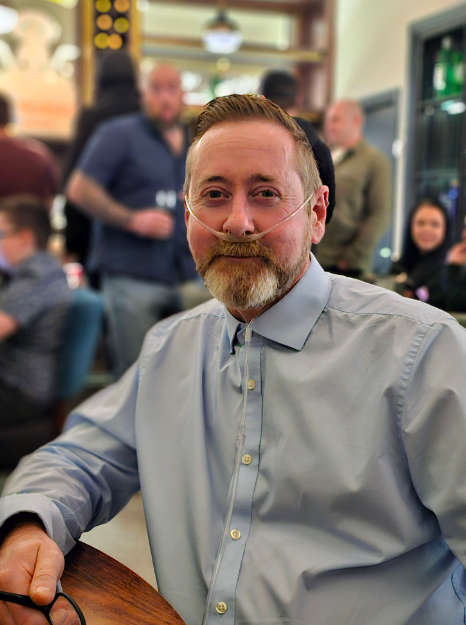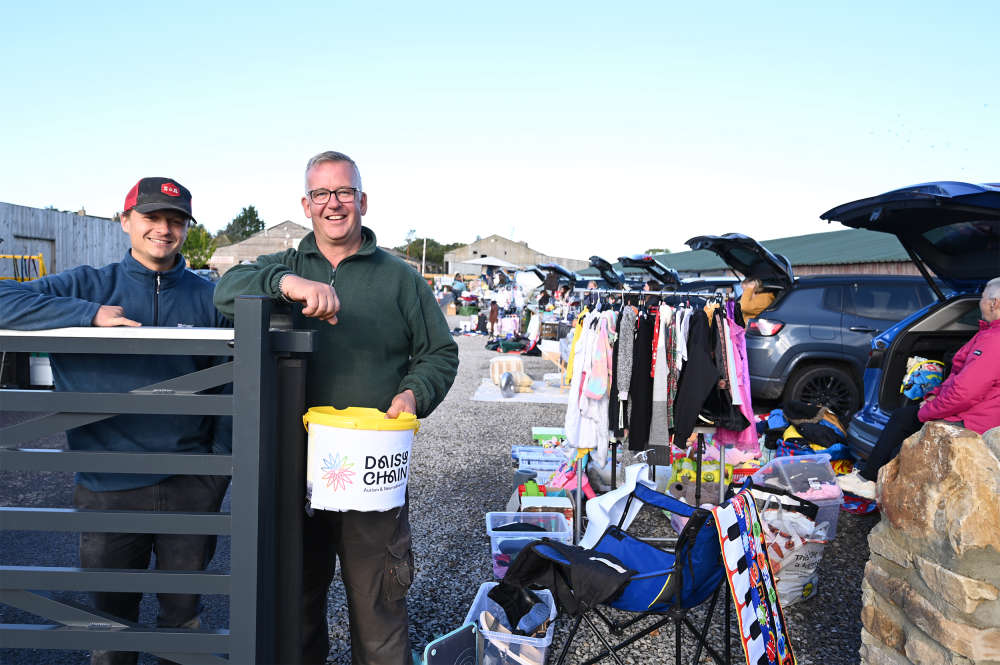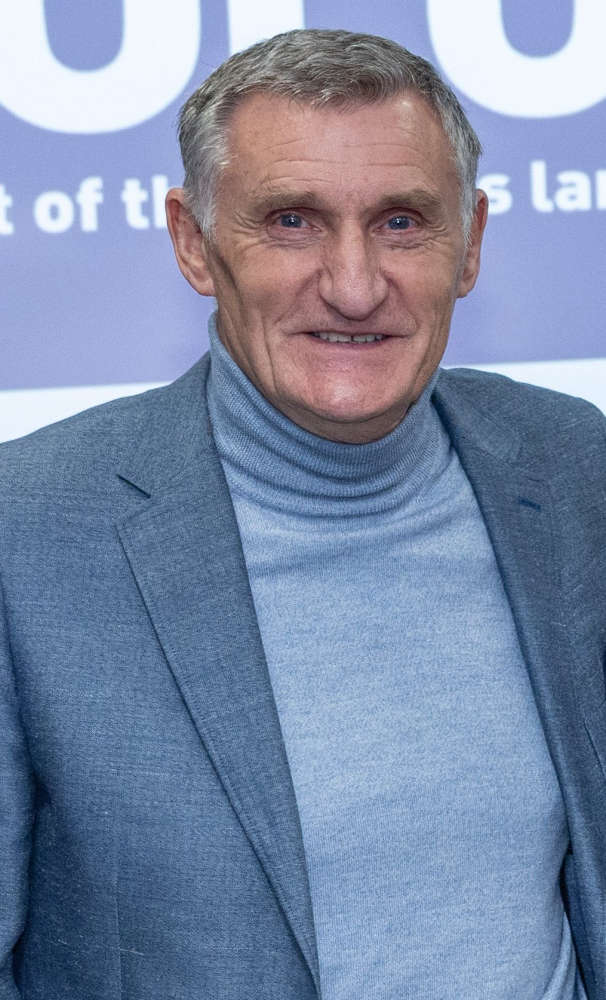
This Scleroderma Awareness Month, health charity Scleroderma & Raynaud's UK (SRUK) is urging the public to share its #SayScleroderma film and help raise vital funds into research of the rare, autoimmune disease.
A person who is living with scleroderma will have an overactive immune system, meaning that the body attacks its own healthy tissues, causing hardening and scarring. Scleroderma can be difficult to diagnose because it can affect different parts of the body and take many forms. It affects an estimated 19,000 people in the UK and can be life-threatening. All forms of the condition will impact a person's quality of life.
Early diagnosis is vital to manage symptoms effectively, minimise development of new symptoms and diagnose any underlying illnesses. People who receive an early diagnosis can make informed choices about their treatment options, lifestyle adjustments and take part in clinical trials; empowering them to take charge of their health. Earlier detection and intervention may also delay the onset of serious complications, such as pulmonary fibrosis.
Scott Nell, 47, a dad of three from Hetton Le Hole, and who has diffuse cutaneous systemic sclerosis, is featured in the #SayScleroderma film produced by the Charity. The film features seven people who are impacted by scleroderma and covers the challenges and the hope for faster diagnosis. The video highlights the need for greater awareness around ‘scleroderma’, a word many people would not have ever heard before.
Scott Nell said: "I was initially diagnosed with scleroderma in 2017. The x-ray did not show that my lungs were affected, however I soon started to have breathing problems, and it then became apparent that it was systemic sclerosis. The main issue is the fibrosis of my lungs – it is pretty severe and is worsening. I struggle to breathe and am on oxygen all day. I wanted to be a part of the #SayScleroderma film to help break down the barriers around the condition and support fundraising for early diagnosis, which is a life saver. This is what I believe to be true and what saved me initially and has extended my life.”
SRUK funds vital, innovative scientific research into the causes, progression, and treatment of Scleroderma, with the aim to make life better for everyone living with the condition. SRUK has invested over £1.7 million in research since 2016 so far but wants to invest further in medical innovation this year. SRUK aims to raise funding to support research led by Maya Buch, Professor of Rheumatology and Director of Experimental Medicine at the Centre for Musculoskeletal Research, University of Manchester, who is using advanced scanners and implants to detect early signs of heart disease in scleroderma patients. The treatment is already saving lives and promises to transform patient monitoring.
A recent report by the Rare Autoimmune Rheumatic Disease Alliance (RAIRDA), of which SRUK is a member, polled 350 UK respondents who have a form of scleroderma or systemic sclerosis and found that 85 per cent experienced a negative impact on their ability to do day-to-day tasks, whilst almost a third (29%) said it took more than five years to get a diagnosis.
Sue Farrington, Chief Executive of SRUK, said: “Scleroderma Awareness Month is an important time in our calendar to increase the number of eyes on what is an under researched yet debilitating and painful disease. This is why we are using this month to launch our film and help raise funds to support professor Buch’s vital work. We’ve identified key barriers to progress: fragmented data, limited molecular markers for diagnosis and a lack of effective therapies. With donations, we can overcome them and accelerate research from bench to bedside.
“Our vision is to understand the causes of scleroderma and use this knowledge to develop better diagnostics and treatments which will drive improvements in the quality of life of people with these conditions. The benefits of medical research are far-reaching and ultimately it helps everyone; from the thousands of people and families in the UK who are affected by scleroderma, to the health professionals who are involved in the management of these complex conditions.”



 Thorpe Farm Centre Car Boot Returns
Thorpe Farm Centre Car Boot Returns
 Top North East music acts awarded funding to raise global profile
Top North East music acts awarded funding to raise global profile
 Find out the acts joining Lewis Capaldi in Newcastle This Summer
Find out the acts joining Lewis Capaldi in Newcastle This Summer
 Tony Mowbray Named North East Football Writers’ Association Personality of the Year
Tony Mowbray Named North East Football Writers’ Association Personality of the Year
 Businessman fined £48K after nine people found sleeping in dangerous office block
Businessman fined £48K after nine people found sleeping in dangerous office block



